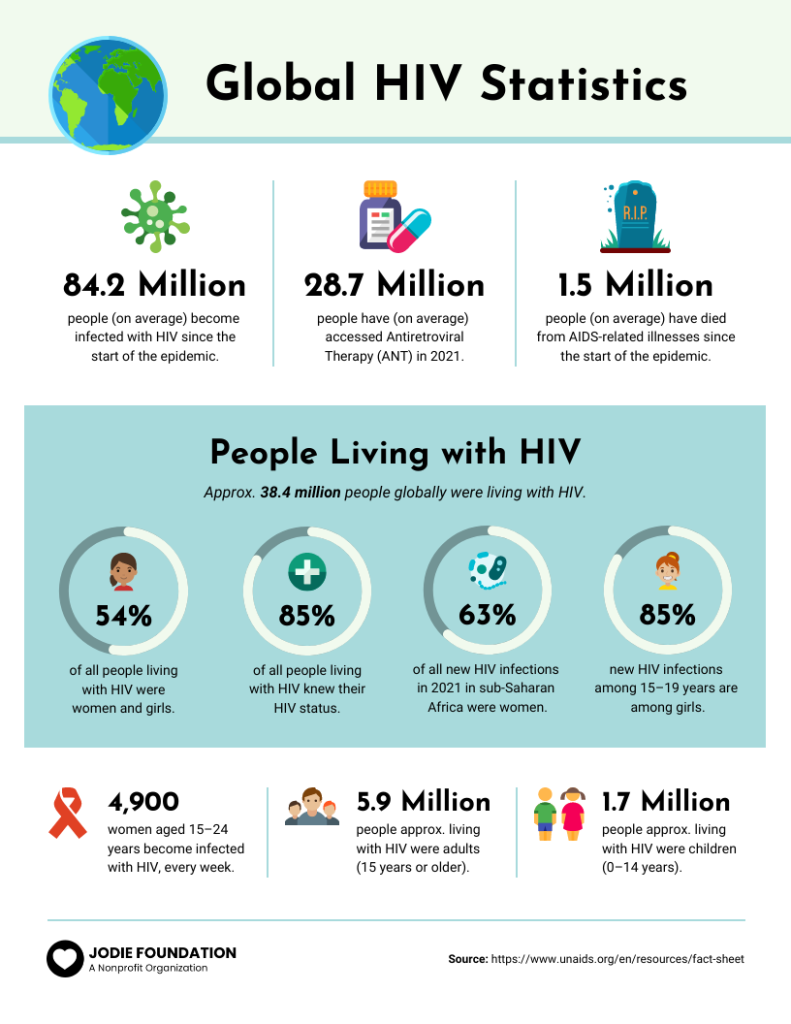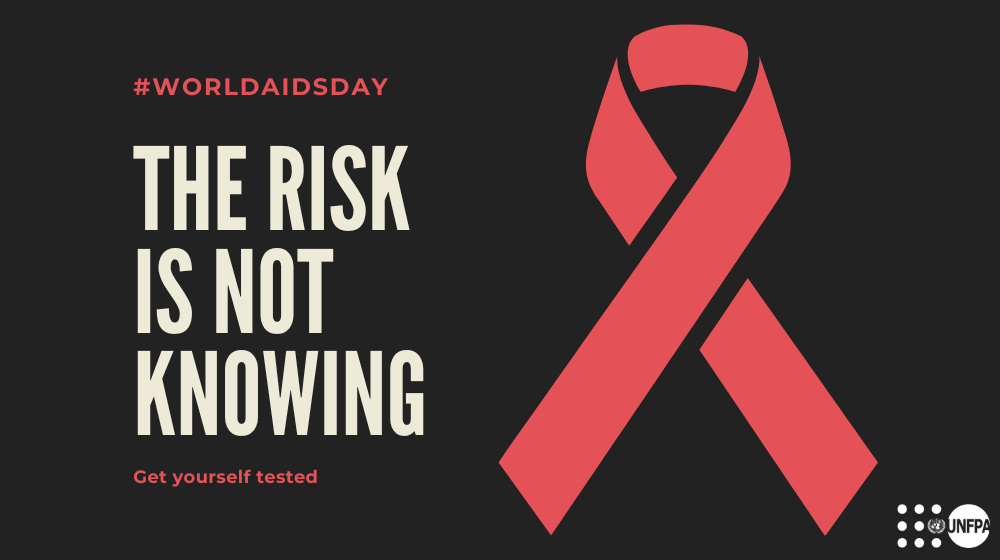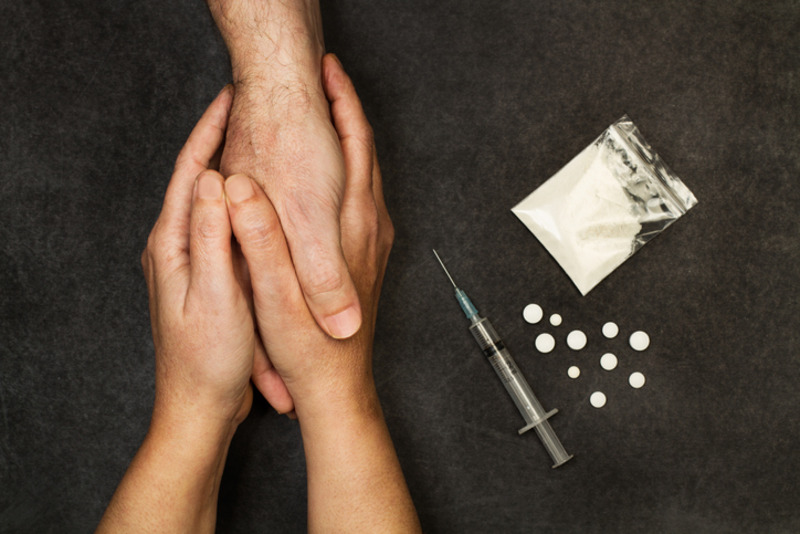Front Title
This is front side content.
Back Title
This is back side content.


Mental Health Interventions
1. Cognitive Behavioral Therapy (CBT)
- Description: A structured, time-limited therapy that helps individuals identify and change destructive thought patterns.
- Applications: Effective for anxiety, depression, PTSD, and other mental health disorders.
2. Medication Management
- Description: Use of prescribed medications to manage symptoms of mental health conditions.
- Applications: Commonly used for depression, anxiety, bipolar disorder, and schizophrenia.
3. Mindfulness and Stress Reduction
- Description: Techniques like mindfulness meditation and yoga to reduce stress and improve mental well-being.
- Applications: Helpful for general stress, anxiety, and overall mental health maintenance.
Sexual Health Interventions

1. STI Screening and Treatment
- Description: Regular screening for sexually transmitted infections (STIs) and providing appropriate treatments.
- Applications: Prevents the spread of STIs and maintains sexual health.
2. Pre-Exposure Prophylaxis (PrEP)
- Description: A medication taken daily to prevent HIV infection in high-risk individuals.
- Applications: Reduces the risk of HIV transmission in people who do not have HIV but are at high risk.
3. Sexual Education and Counseling
- Description: Providing information and counseling about safe sex practices and sexual health.
- Applications: Reduces the incidence of STIs and promotes healthy sexual behaviors.

Chemsex Interventions
1. Harm Reduction Strategies
- Description: Providing safer use information, clean injection equipment, and supervised consumption spaces.
- Applications: Reduces the health risks associated with chemsex practices.
2. Chemsex-Specific Counseling
- Description: Tailored counseling to address the unique challenges and triggers associated with chemsex.
- Applications: Supports individuals in managing or quitting chemsex activities.
3. Detoxification Programs
- Description: Medically supervised programs to help individuals safely withdraw from drugs used in chemsex.
- Applications: Provides a safe environment for individuals to detox and begin recovery.
Community Support Programs

1. Peer Support Groups
- Description: Groups where individuals with similar experiences provide support and share coping strategies.
- Applications: Enhances recovery by fostering a sense of community and shared understanding.
2. Family Therapy
- Description: Therapy sessions involving family members to improve communication and support.
- Applications: Strengthens family relationships and provides a supportive home environment.
3. Educational Workshops
- Description: Workshops aimed at educating individuals and communities about mental health, sexual health, and chemsex.
- Applications: Raises awareness and provides tools for prevention and support.
General FAQ
An intervention is a structured process where friends, family, and professionals encourage a person with substance use issues to seek help.
Close family members, friends, and a professional interventionist or therapist should be involved.
The goal is to motivate the individual to acknowledge their substance use problem and agree to seek treatment.
When properly planned and executed, interventions can be highly effective in encouraging individuals to seek treatment.
Even if the person initially refuses, the intervention can plant the seed for future acceptance of help.
